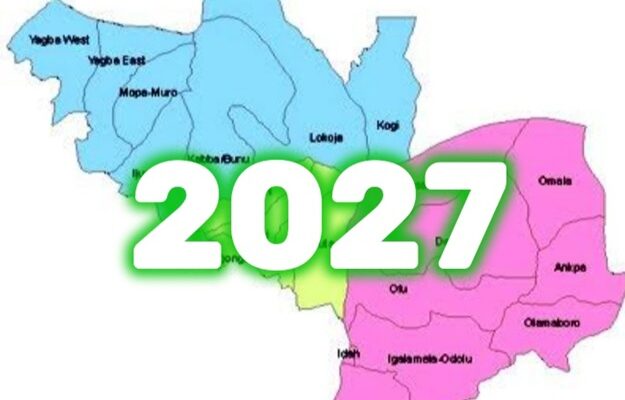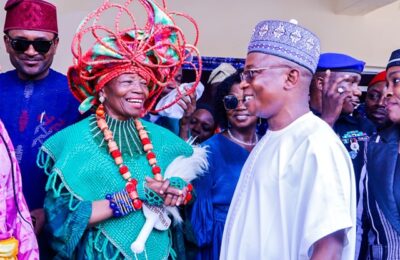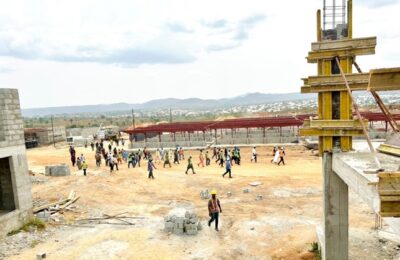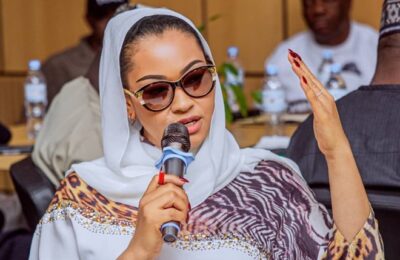As Nigeria approaches yet another electoral cycle, the Igala people find themselves at a historical valleys—one where painful memories must instruct decisive actions, and where past wounds must become maps guiding strategic renewal. The 2027 general elections must not mirror the fatal miscalculations of 2015 and 2019. Those years of fragmentation, betrayal, and political naivety plunged the Igala nation from prominence into the periphery of governance.
This fall was no accident. It was the cumulative result of elite selfishness, flawed electoral engineering, and a dangerously indifferent citizenry. Public administration theorist Dwight Waldo reminds us that “administration is a moral endeavour.” Yet, in 2015, Igala political leaders abandoned this moral compass, engaging in prebendal politics that bartered away collective destiny for personal gain. The masses, too, must shoulder some blame—selling their votes cheaply, clapping for political jobbers instead of demanding responsible leadership.
Political scientist Larry Diamond rightly asserts, “Democracy is not just a system of rules; it is a culture of responsibility.” In 2015, the Igala elite fractured under the weight of ego and entitlement, creating a vacuum that was quickly filled by external actors who neither revered nor understood Igala’s historical leadership. In place of policy, there was populism. In place of character, cash-for-votes. In place of governance, political occupation.
The 2027 election presents a chance for redemption. It must be guided not by nostalgia or anger but by ideological clarity and strategic foresight. Igala elites and people must realign not just for survival but for purposeful governance. As political theorist Juan Linz posited, “For democracy to survive, elites must agree on the rules of the game.” Igala political actors must become a unified orchestra, not soloists in a discordant performance.
An urgent threat to this unity is the creeping institutionalization of what is now termed the Tinubu Mafian System—a political arrangement whereby candidates are anointed by a few powerbrokers without recourse to democratic consultations or grassroots consensus. While often disguised as pragmatic politics, this model breeds political servitude, displaces merit, and replaces people-centered governance with cabalistic loyalty. These candidates serve the interests of their patrons—not the electorate. Hannah Arendt warned that “power corresponds to the human ability not just to act but to act in concert.” The Tinubu System subverts this concerted action, replacing inclusive dialogue with authoritarian imposition. Igala must reject it unequivocally.
Structural disenfranchisement further compounds these political distortions. During the last voter registration exercise, reports from Idah, Igalamela, Dekina, Ankpa, and Ofu LGAs—once the political nerve centers of Kogi State—revealed widespread denial of voter card registration. The official excuse? Registration machines were allegedly hijacked. This scandal was met not with investigation, but with silence, effectively disenfranchising thousands of potential voters. Such systemic neglect erodes not only trust in the electoral process but also the very foundation of representative democracy.
Even more troubling is the skewed distribution of polling units. Despite their historical and demographic significance, Dekina, Ankpa, and Ofu LGAs now trail behind in polling unit allocations, while Kogi Central and West boast an exponential rise in units and wards. This imbalance is not statistical error—it is electoral gerrymandering. It is an attempt to tilt the democratic playing field in favour of certain regions. The National Assembly, civil society watchdogs, and INEC must immediately initiate an independent audit and redress these inequalities.
Meanwhile, the credibility of Resident Electoral Commissioners (RECs) has sunk alarmingly. Far from being impartial custodians of democracy, many RECs now operate as expert political calculators and puppets in partisan hands. Their fluency in permutations has not advanced transparency but legitimized rigging. To restore integrity, the Electoral Act must be amended to ensure the vetting of RECs by an independent, non-partisan panel made up of civil society leaders, retired justices, and interfaith mediators. Appointments must be merit-based, not politically motivated. Nigeria’s electoral system cannot rest in the hands of those who treat democracy like a chessboard.
Political parties, too, must be reborn. In the past, they operated not as engines of governance but as auction houses for the highest bidder. Giovanni Sartori reminds us that “parties are not merely power seekers; they are carriers of ideology and policy.” Igala people must demand candidates who bring blueprints, not banknotes; who offer solutions, not slogans.
The Igala electorate must undergo civic reawakening. Paulo Freire’s concept of conscientização—raising critical awareness among the oppressed—must guide voter education. Vote-selling must be named and shamed as the prostitution of democracy. Political literacy must become a movement, not just a message.
Traditional institutions must also rise from ceremonial docility. Many royal figures have abandoned their roles as cultural custodians and now serve as political errand boys. Robert Dahl’s theory of polyarchy insists on the importance of multiple centers of accountability. Traditional rulers must become sentinels of justice—not accomplices to impunity.
Equally, religion must retreat from electoral partisanship. In previous years, pulpits became platforms for campaign endorsements, fracturing communal unity. Alexis de Tocqueville observed that “liberty cannot be established without morality, nor morality without faith.” Yet, faith must never mutate into political fanaticism. Religious leaders should promote moral governance, not endorse political anarchy.
2027 is not just another election year—it is a referendum on the political soul of Igala land. The ballot must become more than a paper; it must be a sword of reform, a hymn of liberation, a covenant of renaissance. The choice before the Igala people is simple: to rise as architects of their destiny or remain pawns in a game designed by others.
Let us choose wisely.
– Inah Boniface Ocholi writes from Ayah – Igalamela/Odolu LGA, Kogi state.
08152094428 (SMS Only)




